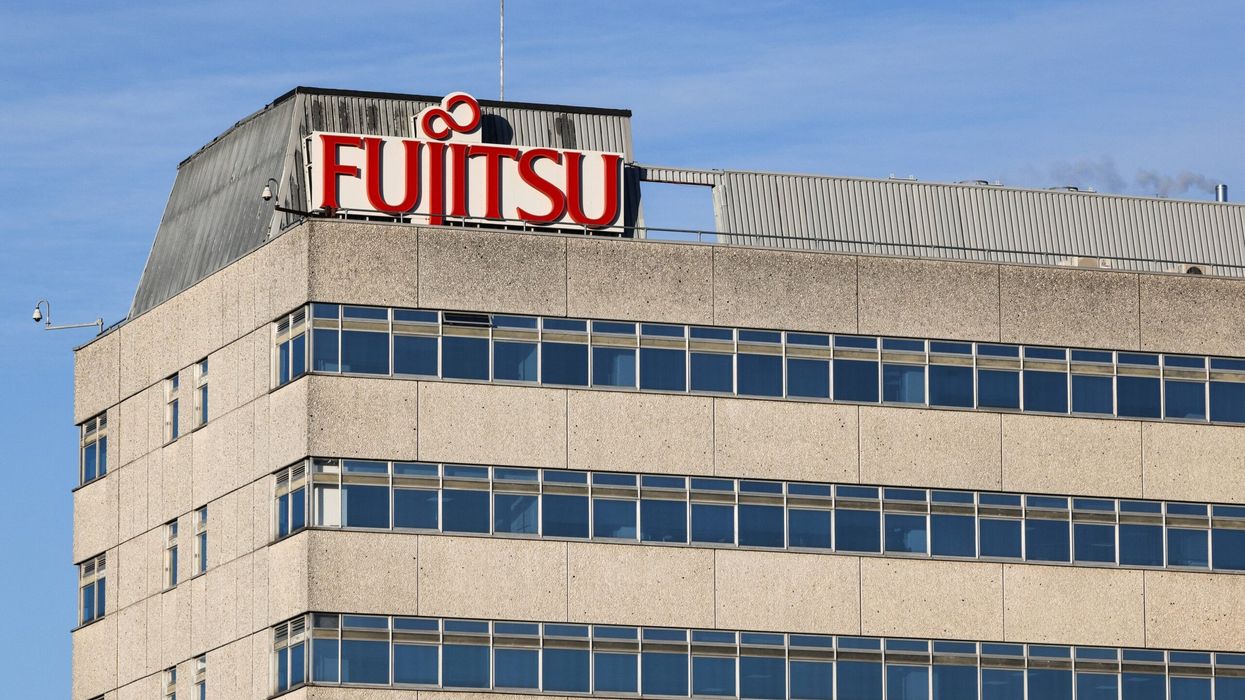Indian investigators filed the first charges Monday in a huge fraud case involving billionaire jeweller Nirav Modi and the state-run Punjab National Bank, officials and reports said.
A spokesman for the Central Bureau of Investigation (CBI) confirmed to AFP that a charge sheet had been filed in a Mumbai court over the alleged $1.8 billion scam, which has shaken India's corporate world.
Charges were laid against Modi and several senior bank officials over the alleged fraud, according to officials cited by the Press Trust of India (PTI).
The news agency said those charged included Punjab National Bank's former chief Usha Ananthasubramanian, who is now CEO of Allahabad Bank.
The CBI is investigating allegations that Modi and his uncle and business partner Mehul Choksi, a diamond merchant, defrauded Punjab National Bank, India's second-largest state-run bank, of 2.8 billion rupees ($43.8 million).
This figure is said to be just a part of the total losses.
The Punjab National Bank (PNB) said in February that Modi and Choksi had defrauded it by raising credit with international branches of other Indian banks, using illegal guarantees provided by rogue PNB employees.
The federal investigation agency has arrested 19 people for enabling the defrauding of the bank with forged documents. Modi and Choksi are still on the run and believed to be abroad.
Modi, the third generation of his family to go into the diamond trade, is worth $1.73 billion according to Forbes, placing him 85th on India's rich list.
The 47-year-old's high-end eponymous Nirav Modi brand has stores in several of the world's major cities.
India's government is trying to reduce the crippling debts of the country's embattled state banks, including the Punjab National Bank.
It recently announced a $32-billion recapitalisation plan to help them clean up their books ahead of the general election in 2019.











